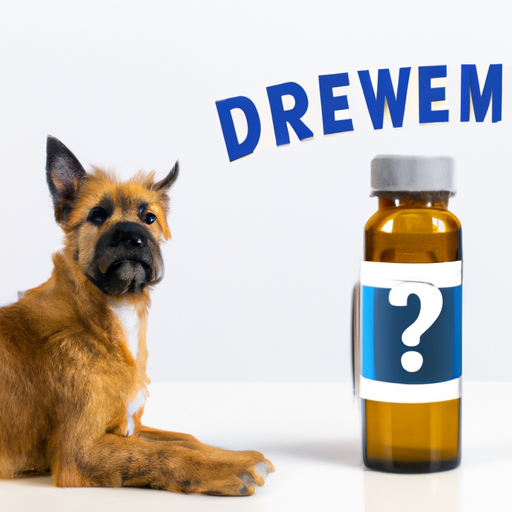Introduction
As a caretaker of a furry friend, you might have overheard the term “dewormer” at the vet or even in your local pet stores. It’s a term that might sound a bit intimidating, but don’t worry. This article is here to explain everything you need to know about dewormers for dogs.
What is a Dewormer?
A dewormer, or an “anthelmintic,” is a type of medication given to dogs to treat and prevent parasitic worm infestations. These parasites can include heartworms, roundworms, tapeworms, hookworms, and whipworms. They can cause a variety of health issues in dogs, such as weight loss, diarrhea, vomiting, anemia, and in severe cases, death.
How Do Dewormers Work?
Dewormers work by either stunning or killing the parasites, making it easier for your dog’s system to eliminate them. Different dewormers target different types of worms, so it’s crucial to know which type of parasite your dog is dealing with. Some dewormers are broad-spectrum, meaning they can eliminate a variety of worms, while others are specific to a certain type.
| Type of Dewormer | Worms it Targets |
|---|---|
| Broad-spectrum | Roundworms, hookworms, whipworms, tapeworms |
| Heartworm-specific | Heartworms |
| Tapeworm-specific | Tapeworms |
When and How to Use a Dewormer
Typically, puppies are dewormed at an early age, usually starting at two to three weeks old, and the process is repeated every two weeks until they reach twelve weeks of age. Adult dogs should be dewormed at least twice a year, but the frequency can vary depending on their lifestyle and risk level.
Dewormers come in different forms:
- Tablets
- Liquid suspensions
- Injections
- Topical gels or creams
The method of administration will depend on the type of dewormer and your dog’s personal preference.
Side Effects of Deworming
Though deworming is generally safe, it can sometimes lead to side effects. These can include:
- Vomiting
- Diarrhea
- Loss of appetite
- Lethargy
- Skin irritation (for topical treatments)
If side effects persist or if your dog seems overly distressed, contact your vet immediately.
FAQ
Q: Can I give my dog a dewormer even if they don’t have worms?
A: Yes, dewormers can also act as preventative measures against future infestations.
Q: How often should I deworm my dog?
A: Puppies should be dewormed every two weeks until twelve weeks old, while adult dogs should be dewormed at least twice a year.
Q: Can deworming cause any side effects?
A: Yes, some common side effects include vomiting, diarrhea, loss of appetite, and lethargy.
Q: What types of worms can dewormers target?
A: Different dewormers can target different types of worms, including heartworms, roundworms, tapeworms, hookworms, and whipworms.
Q: How is a dewormer administered?
A: Dewormers can be administered as tablets, liquid suspensions, injections, or topical gels or creams.



